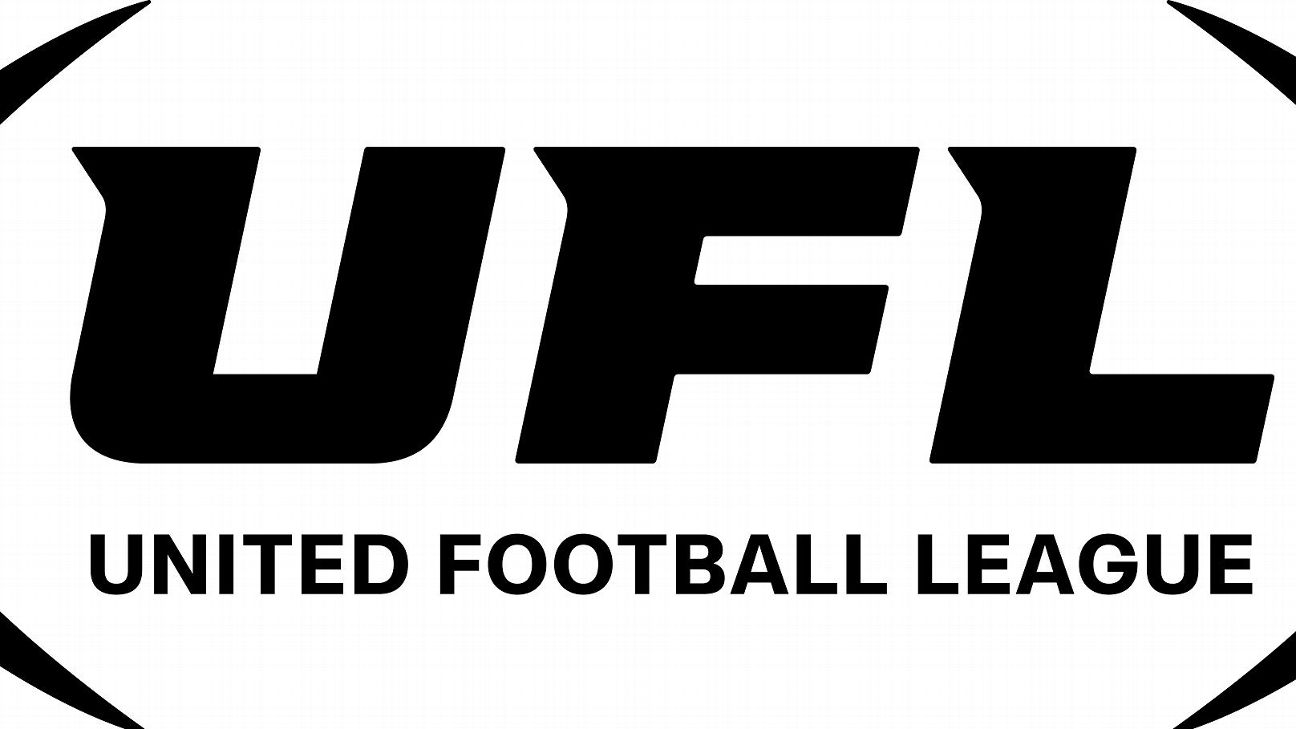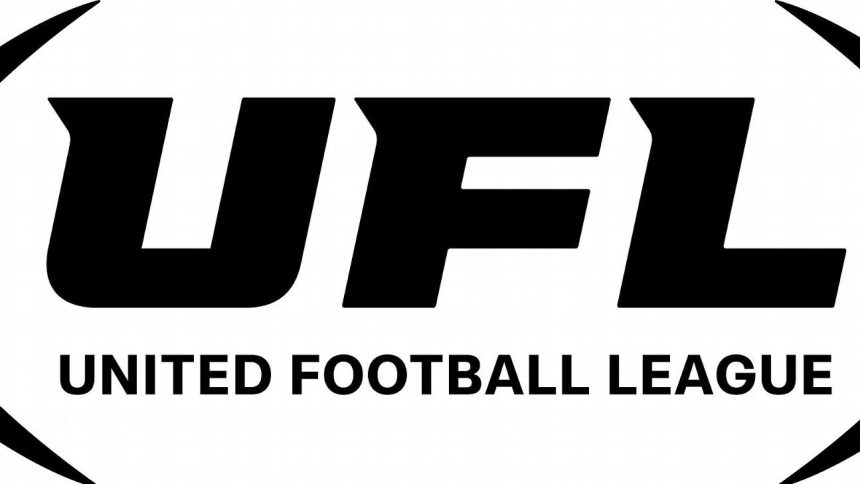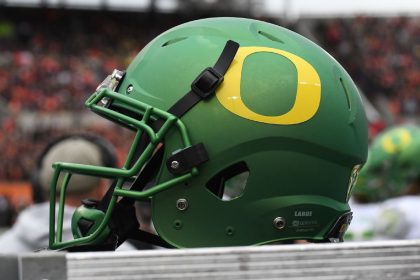
The new United Football League has discarded the most prominent rule innovation generated by the recent spring football movement. The UFL’s kickoff will resemble a traditional formation rather than the novel version used in the XFL, the league confirmed Tuesday in announcing on-field rules for its inaugural season.
The XFL kickoff had drawn the attention of NFL decision-makers who are hoping to revive their own kickoff format. But in a statement to ESPN, UFL football operations chief Daryl Johnston said that a traditional kickoff is something “some of us felt was important” during the XFL-USFL merger negotiations that ultimately formed the UFL.
“Our doctors provided us with player safety data that was very similar, concluding that choosing one version over the other did not have a significant impact on player safety,” Johnston said.
“As always, we will continue to monitor the data after each season and ensure the format we use is the best version with all aspects considered. We believe the transition of the kickoff play can be a gradual process as we track potential player safety issues moving forward.”
UFL kickers will line up at the 20-yard line, a position that will limit and possibly eliminate the potential for touchbacks, similar to how the USFL played it in 2022 and 2023.
The XFL version, used in 2020 and 2023, shifted the majority of players between the opponent’s 35- and 30-yard line to limit high-speed collisions, and placed the kicker at his own 30-yard line to encourage a return. No one other than the kicker and returner could move until the ball was fielded, or it was on the ground for 3 seconds. It achieved return rates of 90% in each season.
UFL teams will report to training camp later this month and will open a 10-week season March 30. Tuesday’s announcement also confirmed that the UFL will keep the XFL’s three-tiered option for post-touchdown points: A one-point try from the 2-yard line, a two-point try from the 5-yard line or a three-point try form the 10-yard line.
Other UFL rules include:
-
An alternative to the onside kick in which a team can retain possession in the fourth quarter by converting a 4th-and-12 from its own 28-yard line.
-
Defensive pass interference will generally be a 15-yard penalty unless it is judged to be intentional, in which case it will be a spot foul if it occurs more than 15 yards downfield.
-
Replay officials can stop a game at any point if there is reasonable evidence that an officiating error was made on a reviewable play. Player safety rules are subject to review at any point in the game. In the last five minutes, any ruling — whether on the list of reviewable plays or not — can be reviewed if it is obviously incorrect and has a significant impact on the outcome of the game.
-
Coaches get one challenge per game.
-
In overtime, teams will get alternating attempts to score from the opponent’s 5-yard line in a best-of-three format or until a winner is determined. No kicks are allowed.
-
In an effort to encourage fourth-down attempts, and limit “coffin corner” punts, the UFL will consider any punt that goes out of bounds inside the 25-yard line as a touchback. The spot will be at the 25-yard line.












